There seems to be a nearly cult-like craze surrounding those glasses filled with summery, pink-hued rosé wine. From picnics in the park to long days spent on the beach, rosé wine offers light, warm-weather refreshment to its lucky imbiber.
With these 10 fun facts about this easy sipper, you'll become a rosé expert who's sure to make a splash at your next summer soirée.
1. Rosé Is Not Just a Mix of Red & White Wine
To make rosé wine, the skin of red grapes is immersed in the wine for a short amount of time (typically anywhere from 2 to 20 hours). The sooner the grape skins are removed, the lighter the rosé will be; the longer they sit in their wine bath, the deeper pink the rosé.
2. The Flavor Profile
Rosé has a variety of flavor undertones, from honeydew melon to citrus and even rhubarb. Dry rosé means that it is less sweet (without extra sugar) and is what we suggest gravitating towards unless you're into the super-duper sweet wines.
If you're interested in reading further about different styles of rosé (from savory Tempranillo to fruity Sangiovese), check out Wine Folly's excellent article on the subject.
3. It Makes for a Mean Cocktail
Rosés don't have to be simply sipped from a glass all by their lonesome. Many a mixologist is now looking to rosé as an ingredient in crafting that perfect summer cocktail.
Take Matt Duckor of Epicurious, who combines his love of both margaritas and rosé wine in The Mosé, a drink that is more creative than the name is—trust us.
4. It's Not Just a Summer Drink, After All
Grub Street suggests that "drinking rosé in winter is like wearing a fur hat on the 4th of July." However, Carlos Suarez, co-owner of Claudette in Greenwich Village, says that he saw massive amounts of rosé being consumed during a winter snowstorm a couple of years ago. Clearly, New Yorkers were once again onto something that tosses tradition on its proverbial ear!
The header for the rosé section of Claudette's wine list states, "Who says summer must end?" and we agree. Now resisting a chilled glass of rosé may prove to be near impossible any time of year, once you've boarded that pink-hued train.
5. Fancy a Food Pairing?
Rosé is a beautiful accompaniment to foods of all sorts. From melon and prosciutto to salade niçoise, to a juicy burger or Indian food, this versatile vino goes with a lot.
Check out Sunset Magazine for rich and refreshing pairings of food with rosé.
6. Brad & Angelina: Rosé's New King & Queen
Brad Pitt and Angelina Jolie Pitt purchased a French winemaking estate in 2012. With the help of famous winemaker Marc Perrin, they have truly embraced the craft of making wine.
Their creation Miravel is described by wine expert Joe Bastianich as "...slightly acidic on the palate. Not in a bad way, but it's definitely real and acidic, and firm."
Try it alongside grilled fish or a pesto-dressed salad. Bastianich also recommends drinking the crisp wine with something spicy.
7. Rosé Is Not for Keeping
Although a cellar filled with red wines is a useful go-to for picking out a bottle to go with a meal, a cellar filled with old rosé is not.
Rosé should be consumed within two to three years of purchase at the longest. Our recommendation? Grab it from your local wine store on a whim on a warm summer evening. Then drink it tout de suite.
8. Save Your Dollars!
Rosé wines are typically less expensive than red wines, because they do not have to mature for long and are simpler to make. You don't need to shell out the big bucks for a fantastic tasting rosé.
Charles & Charles makes a great bottle, and Trader Joe's is always home top-notch wines at excellent prices. Check out Food & Wine's article on the best rosés for $15 and under.
9. It Comes in Bubbly, Too
What's better than champagne, you ask? Why, the ever cheerful and sensationally salmon-colored, sparkling brut rosé. Pair it with chocolates or sliced fruit for the perfect end-of-the-evening sweet treat or celebratory toast.
10. And Finally, a Bit of History
According to Vins de Provence, the first wines were actually rosés. Twenty-six centuries ago the Greeks founded a colony in Marseille and the first vines were introduced to Provence. The wines made there were similar in color to rosés due to the fact that maceration (softening or breaking down of skins to add color and flavor) was either not yet known or barely practiced in the ancient grape world.
Now that you know a bit more about rosé, you're sure to savor the tastes of that salmon-hued bottle of beauty a little bit more than you might have before. And when you serve your guests a pour of the pink, you can also serve up a little knowledge.
Have any favorite rosés you like to sip or any foods you like to pair with a glass (or two)? Let us know in the comments below.
- Follow Food Hacks Daily on Facebook, Twitter, and Instagram
- Follow WonderHowTo on Facebook, Twitter, and Google+
More Wine Wisdom:
- The Trick to Making Opened Wine Last a Whole Week
- 10 Absolutely Ingenious Ways to Open Wine Without a Corkscrew
- Transform Leftover Cheese & Wine into an Amazing French Dip
Cover image via Darya Petrenko/123RF















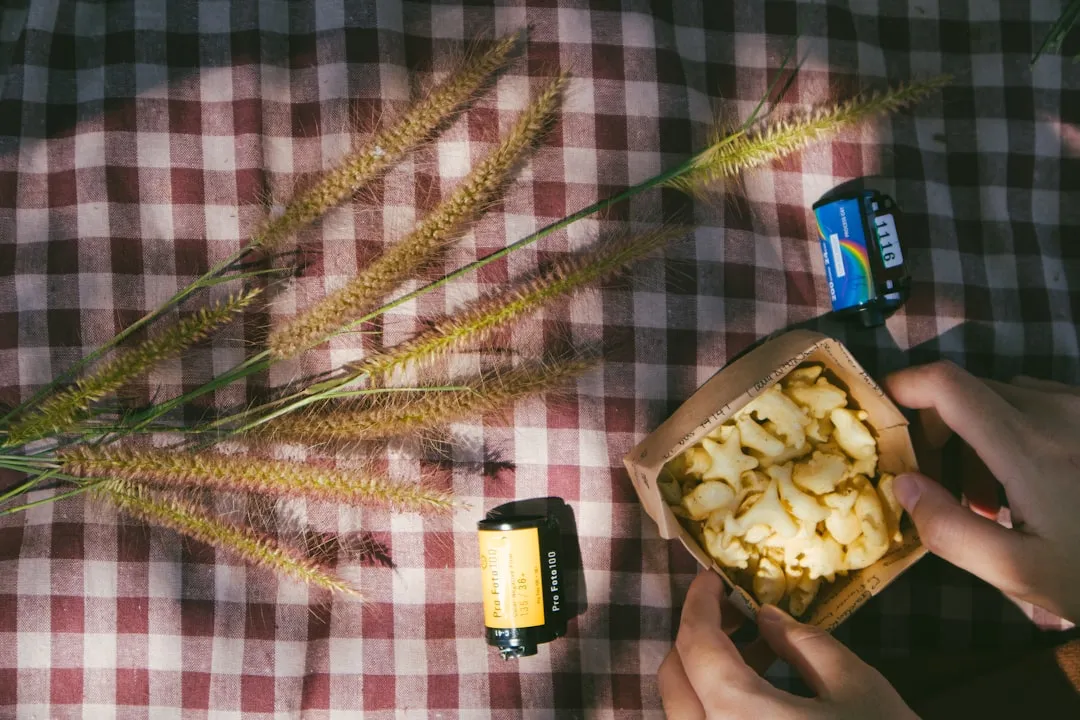
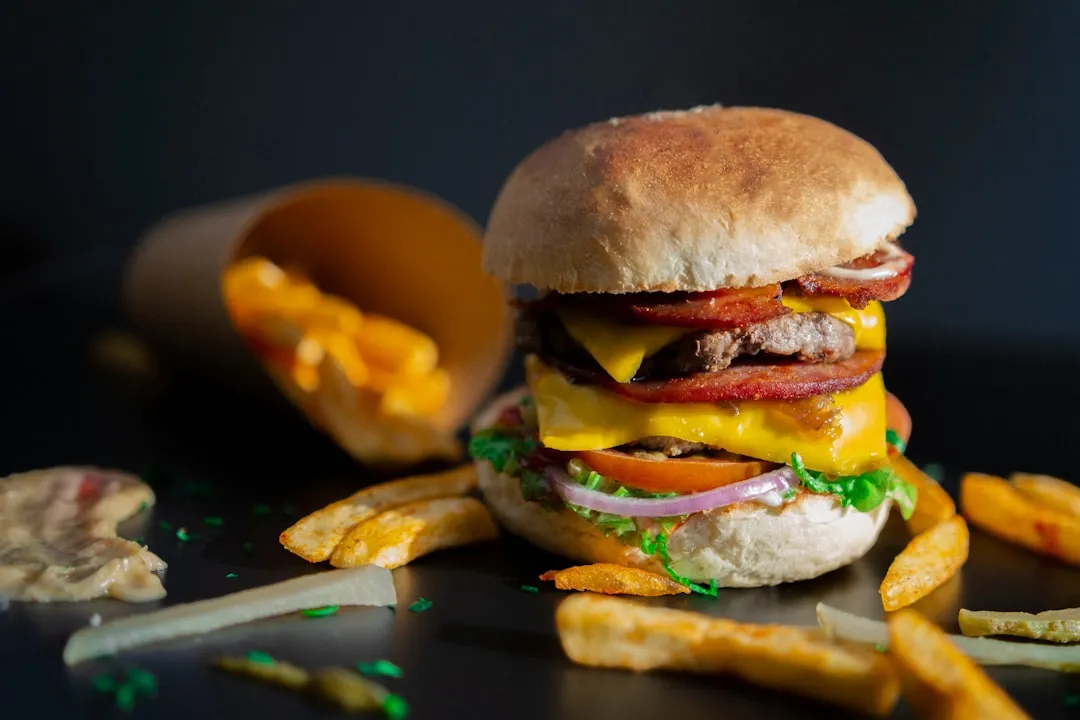



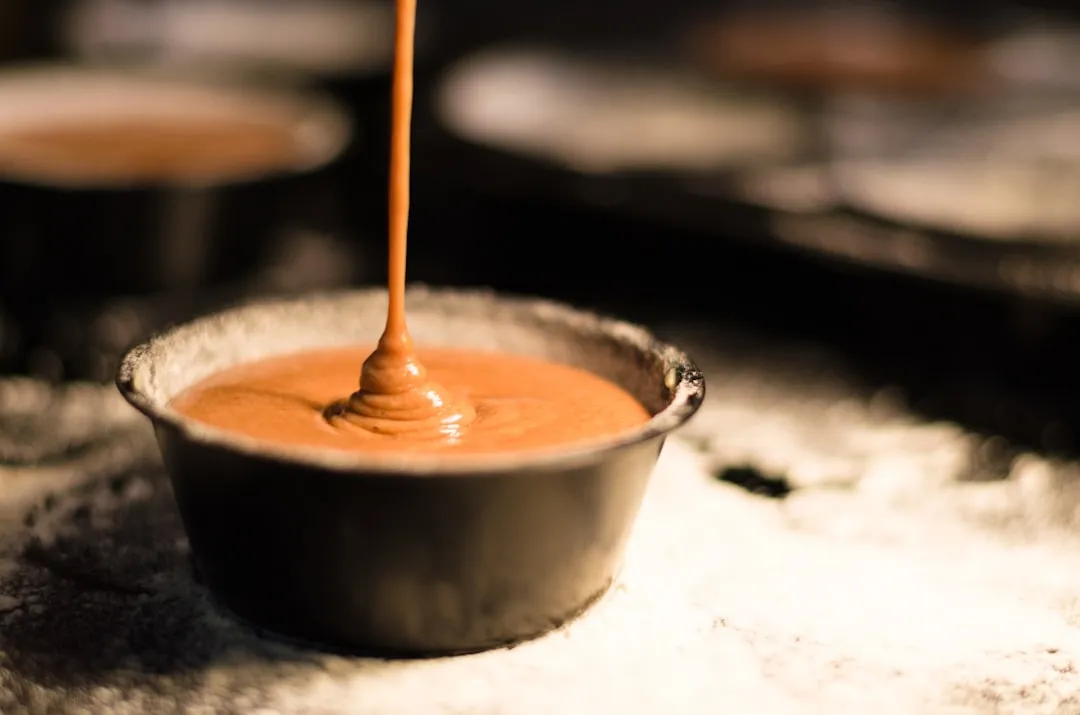

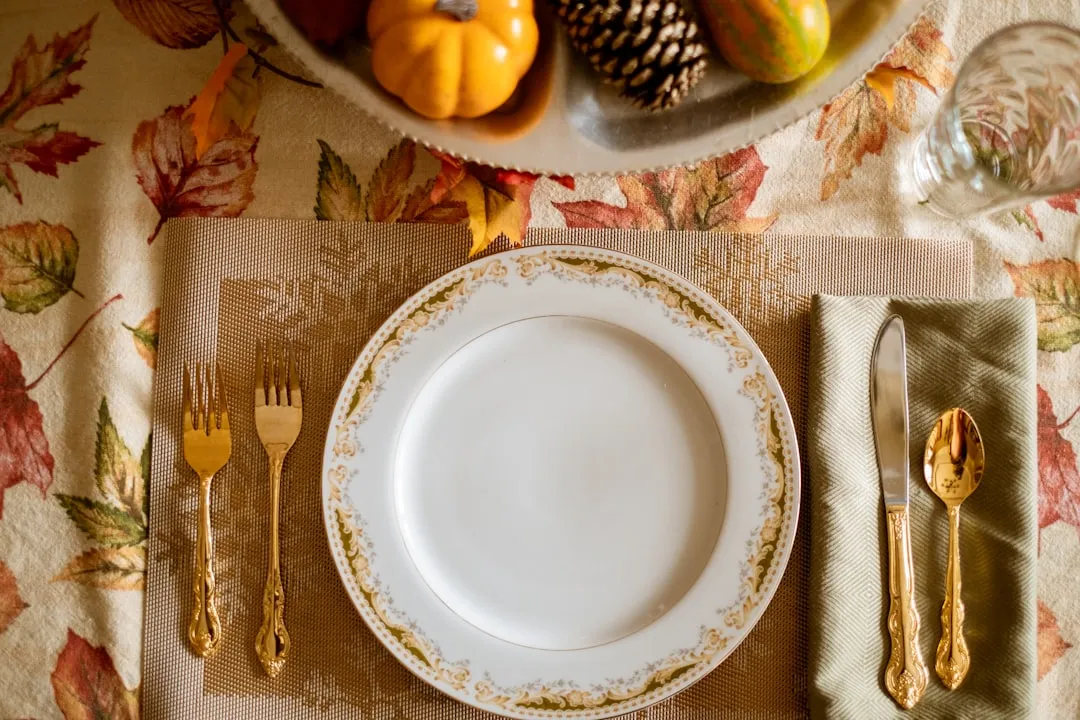


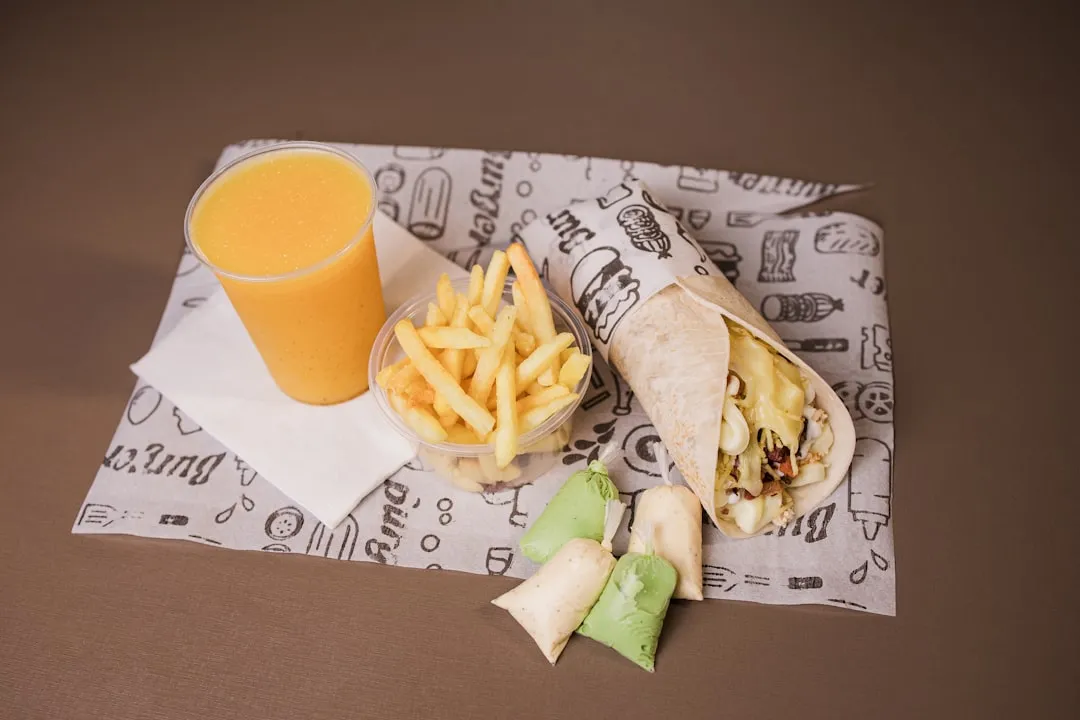

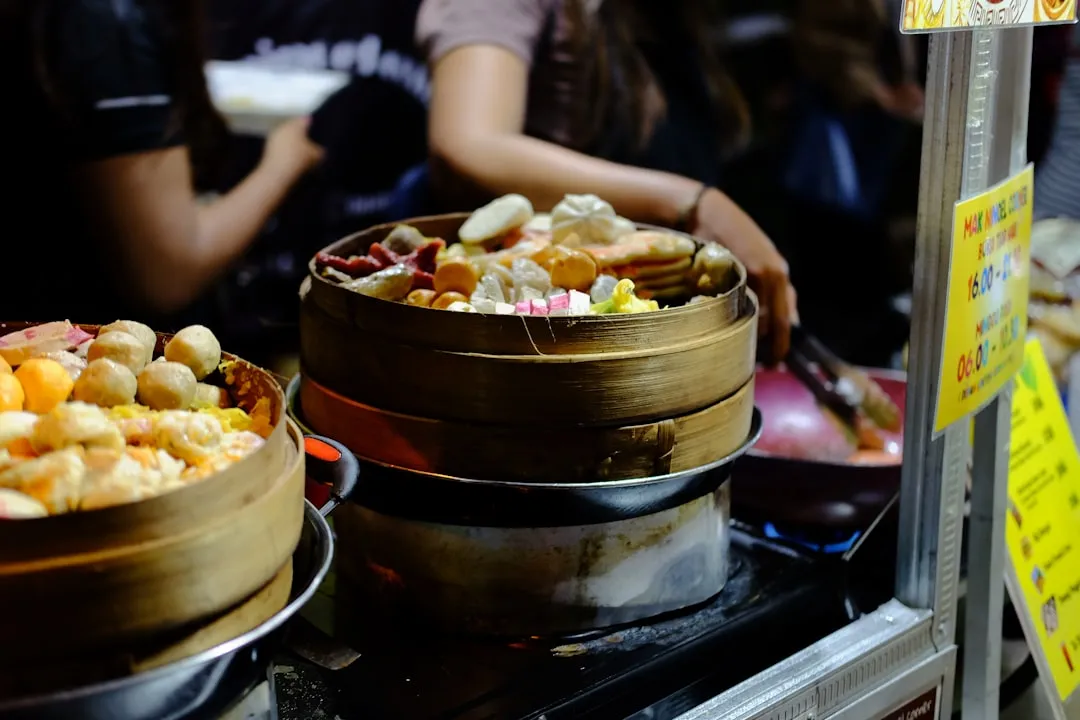


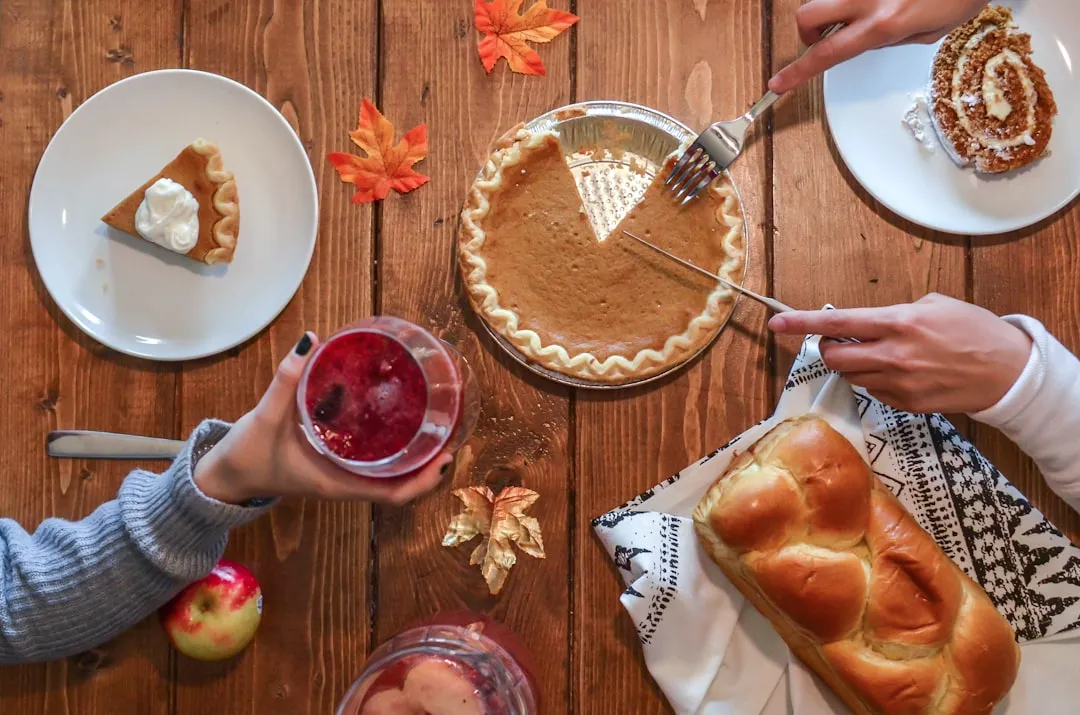
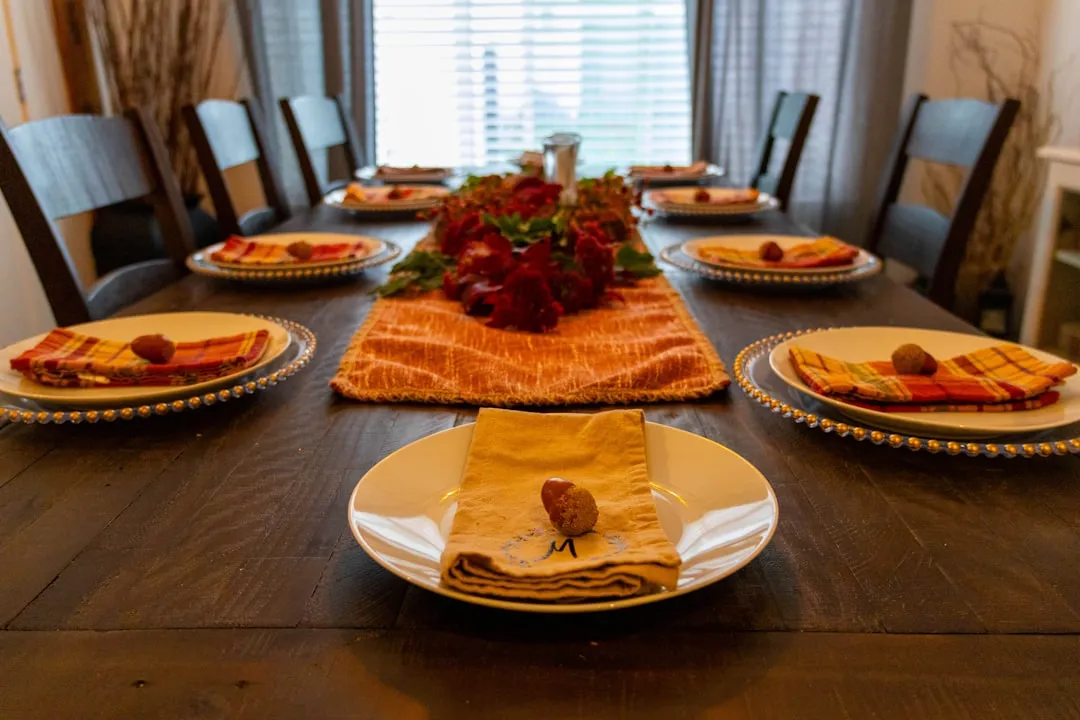



Comments
Be the first, drop a comment!